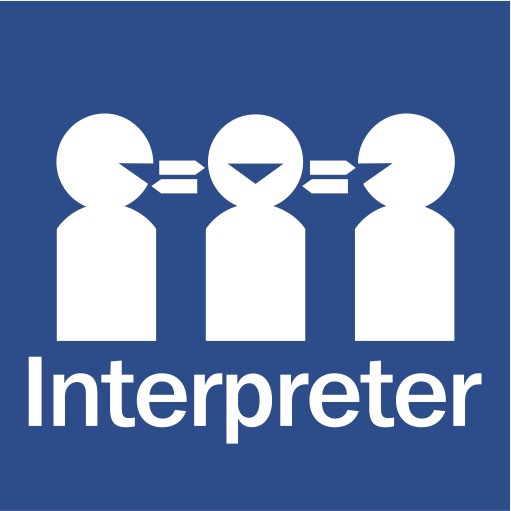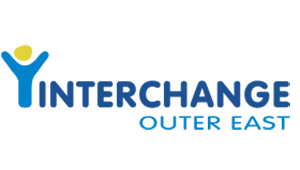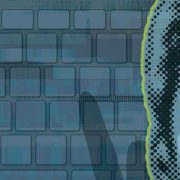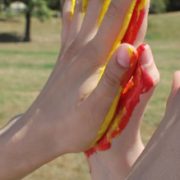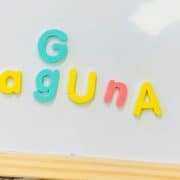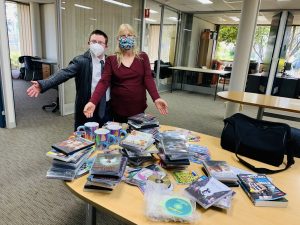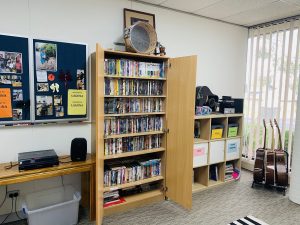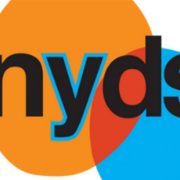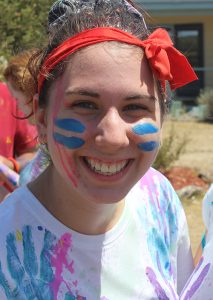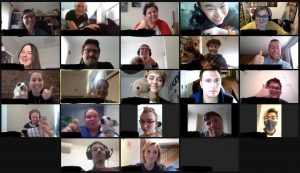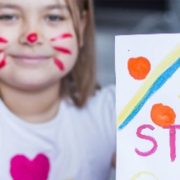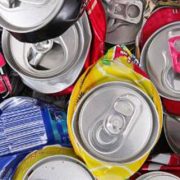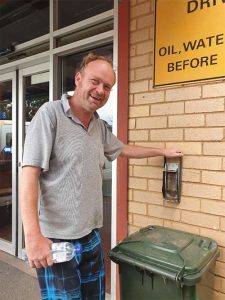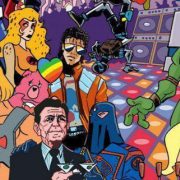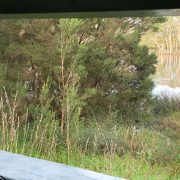PORN IS NOT THE NORM
Porn Is Not The Norm (PINN) is a multi-strategy initiative that seeks to prevent pornography’s harms to young people with Autism. The project aims to equip young people and their parents, carers and teachers to understand pornography’s prevalence and impacts, and how they can safely navigate healthy and respectful relationships.
Interchange Outer East (IOE) is proud to announce that the Porn Is Not The Norm project is a recipient of the 2020 Impact Grants Program scale grant from the Westpac Foundation. The 2020 Impact Grants Program supports organisations that are helping to protect and create safer communities for children in Australia, with a focus on helping prevent the sexual exploitation and abuse of children.
Over a three year period, PINN will help equip parents, carers, teachers and workers of young people with autism to understand pornography’s impacts on them and how they can address them. It will support them to have conversations that build young people’s critical skills about pornography and promote sexual safety and respect.
Pornography and Autism
Pornography has become the default sexuality educator. This leads to serious implications for young people’s capacity to develop safe, respectful, mutual and consenting sexual behaviour. For young people with autism, pornography’s influence can be even more challenging.
Characteristics commonly found in individuals with autism such as social naivety, literal and logical ways of thinking, obsessive tendencies and difficulty interpreting social cues – can make this group extremely vulnerable to the impact of pornography. At its worst, pornography exposure can increase the likelihood of individuals becoming victims or perpetrators of sexual crime.
The Consortium
Following the success of preliminary parent and carer information sessions, a consortium was established to scale and expand this vital work nation wide. A consortium of parties with diverse and complementary expertise, resources and networks in areas including disability services, autism, pornography, violence prevention, resource development, training delivery and film production will deliver the PINN project over three years. Consortium members include:
- Interchange Outer East (lead agency)
- Different Journeys
- It’s Time we Talked (ITWT)
- Maroondah City Council
- AWARE program of South Eastern Centre of Sexual Assault (SECASA)
- Decipher Zone
- Barwon Adolescent Taskforce (BATForce)
Activities and Outcomes
Interchange Outer East, together with the consortium partners, are grateful for the support of the Westpac Foundation for this project. With $300,000 per year over three years, together with in-kind contributions from consortium partners, PINN will deliver of a series of educational events around Australia and develop online versions of the events. Several other components of PINN involve the development of autism-focused adaptations of successful resources developed through ITWT, including:
- Education resources addressing pornography’s influence specifically for use with Autistic young people. Encompassing school, home and community settings, this will be modelled on ITWT’s school resource, In The Picture; currently used in over 300 Australian schools and organisations.
- An autism-specific website, based on ITWT’s website www.itstimewetalked.com;
- A social media strategy building on the social media presence and contacts of all consortium members; and
- High quality video components for each PINN element. This will build on ITWT’s extensive use of video, one of which has been broadcast in 35 countries.
Ultimately, a key anticipated outcome for the project is a reduction in pornography’s negative impacts on young people with Autism. A particular focus is the extent to which young people with Autism become victims or perpetrators of sexual crimes. This extends to the associated pain experienced by victims, perpetrators and their families.
Staying Informed
The project will sit within the Specialised Services Team at IOE for overall coordination. The project coordination team will share progress updates on the IOE website in its initial stages in order to share project social media and website details when they become available. We encourage all families, educators, carers and practitioners, as well as young people with autism to follow its progress.
Porn Is Not The Norm has been made possible by a 2020 Westpac Impact (Scale) Grant. Find out more about other deserving 2020 grant recipients and projects HERE.
